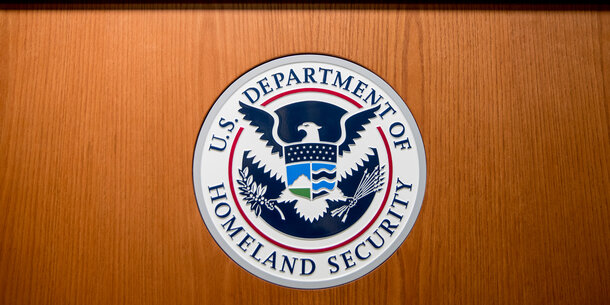The Foreign Intelligence Surveillance Court (“FISC”) renders enormously consequential decisions. From the bulk collection of telephone records detailed in the Snowden disclosures to the warrantless review of Americans’ communications collected under Section 702 of the Foreign Intelligence Surveillance Act (“FISA”), it has authorized and regulated government surveillance practices that directly affect Americans’ constitutional right to privacy since its founding in 1978. But many of its proceedings remain shrouded in secrecy. The court is not adversarial; prospective targets for surveillance are neither informed nor permitted to take part in the review process. And only in recent years has the court begun to release some of its rulings to the public.
The American Civil Liberties Union has filed three motions with the FISC seeking to compel disclosures related to its operations. First, following the revelation in 2013 of the National Security Agency’s bulk collection of phone records, the ACLU and Yale Law School’s Media Freedom and Information Access clinic requested that the court publish its opinions and orders on Section 215, the legal authority on which the phone records program was purportedly based. They subsequently filed a second joint motion seeking FISC opinions on the NSA’s collection of Americans’ internet history and geolocation data. Finally, in October 2016, the ACLU attempted to secure the release of all FISC decisions containing “novel or significant interpretations” of law between 2001 and 2015 on First Amendment grounds.
In a thirty-page decision handed down in February 2020, the FISC held that “the First Amendment does not provide a qualified right of public access to the opinions at issue.” The FISC’s appellate court (the Foreign Intelligence Surveillance Court of Review) went further, holding that the FISC lacked subject-matter jurisdiction over the ACLU’s claims. In subsequent rulings, the FISC and FISCR similarly dismissed the ACLU’s petition to obtain opinions containing “novel or significant interpretations.” The ACLU, joined by the Knight First Amendment Institute at Columbia University, the Yale Law School clinic, and Gibson Dunn filed for certiorari before the Supreme Court in order to vindicate the First Amendment right of access to court proceedings.
The Brennan Center and its co-counsel Davis Wright Tremaine, joined by the Americans for Prosperity Foundation, filed an amicus brief supporting the ACLU’s petition for certiorari. The brief argues that secret law in general subverts democratic accountability and undermines the rule of law. It then shows how the operations of the FISC exemplify these problems, focusing on the FISC’s approval of the NSA’s bulk collection program, which was overturned by both Congress and the courts once the veil of secrecy was pierced by the Snowden disclosures.
Read the Brennan Center’s brief below.
ACLU v. United States (Amicus Brief) by The Brennan Center for Justice on Scribd




